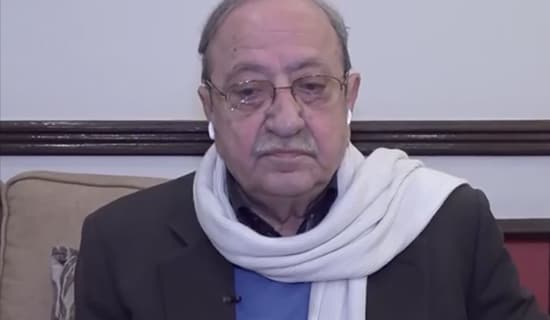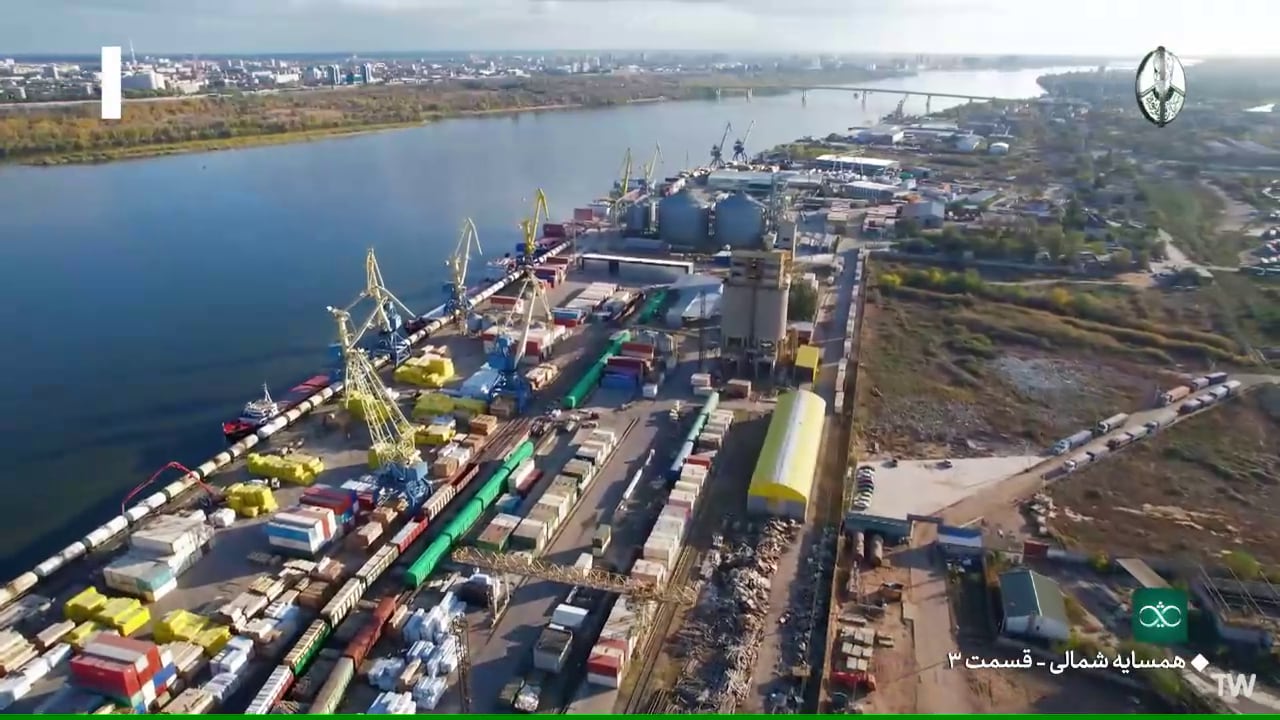
Following are excerpts from an interview with Sadegh Zibakalam, Iranian professor of political science at Tehran University, which aired on IRINN TV on May 8, 2009.
Sadegh Zibakalam: The way I see it, even if Obama, in his first 100 days in the White House, had made a major change in his foreign policy every single day, Iran would still say that he has made no change.
Interviewer: We are not talking about Iran now. Just tell us the main characteristics of the change.
Sadegh Zibakalam: The way you put it, from the outset, he is presented as someone who has made no change, and who has lied and deceived...
Interviewer: That's not true.
Sadegh Zibakalam: Of course it is. In your "set up" of the debate, you said: "[Obama] said he wants to make a change, but where is this change? What change? There is no change."
Interviewer: Well, if there has been any change, tell us what it is.
Sadegh Zibakalam: In my opinion, the way you presented the issue, by saying that he should have made changes...
Interviewer: I'm not saying he should have made changes. I'm just asking whether he did or not.
Sadegh Zibakalam: If you ask my opinion, the fact that his first order, upon entering the White House, was to shut down Guantanamo is the greatest change, in my opinion. The fact that he admitted that they should leave Iraq as soon as possible constitutes change, in my opinion. The fact that he wants to remain steadfast with regard to Afghanistan is the greatest change, in my opinion. The fact that over the past 48 hours, the Israeli media has been directing the harshest attacks against Mr. Obama, because of the position he is shaping vis-á-vis the nuclear issue, is a change, in my opinion. Even if Obama has registered planet Earth in its entirety in our name, we, in Iran, would still be saying: "There has been no change. The cub of a wolf always turns into a wolf."
[...]
What was Obama supposed to do during these 100 days in order for them to say tonight: "Some changes have indeed been made"? Dr. Haji-Babai, what actions would constitute a change?
Dr. Haji-Babai: The very least he could have done was to release your frozen assets...
Sadegh Zibakalam: What assets?
Haji-Babai: The assets that since the Revolution...
Sadegh Zibakalam: Let me respond. We don't have any assets in the U.S., contrary to what Dr. Haji-Babai and many others say. When we occupied the U.S. embassy in Iran on November 4, 1979 – which led to the severance of [Iranian-US] ties in 1979 – we had 11-13 billion dollars in U.S. banks, which had been deposited before the Revolution. After the approval of the [1981] Algiers Accords, which led to the release of the hostages, it was decided that a tribunal, established in the Hague, would include an Iranian judge, an American judge, and a Dutch judge, and that Iranian-American claims would be deliberated there. It was decided that this tribunal would ultimately issue its rulings. Since early 1981, when the Algiers Accords came into effect, hundreds and thousands of Iranians, who left for the U.S. after the Revolution – whether we call them "Shah supporters" or "fugitives"... These people, after becoming U.S. citizens or receiving green cards, appealed to this tribunal for their assets, which had been confiscated in Iran, by the government, the IRGC, or whatever... They said: "We had this factory, we had that land, we had this building, and these assets have been confiscated in Iran."
Why did Iran confiscate these assets? After all, it didn't have debts [at the time]. When [the tribunal] deliberated these cases, it turned out that the Iranian government had to pay compensation, and this compensation was paid out of the aforementioned 11-13 billion. Basically, those 11-13 billion do not exist anymore.
[...]
You asked what was the point of the [Iranian-U.S.] confrontation. I totally agree with you. Our confrontation with America has done nothing but destroy our national interests for the past 30 years. The question what was the benefit of all this should be directed at the people who insist on maintaining antagonism with the U.S., with the "rule of hegemony," with the "global arrogance"... We are the standard bearers of the struggle against the U.S., and these people should be asked what benefit we have derived from this in the past 30 years.
[...]
Mr. Jebreili says that there is no difference between Republicans and Democrats. In Iran, there is a prevalent view that since the U.S. is "imperialist," "arrogant," and constitutes the "rule of hegemony," it doesn't matter whether Barack Hussein Obama or Bush is president. These people are one and the same. The American policy is shaped in some dark, closed, unseen basement, by the Zionists, the Jewish lobbies, the leading weapon manufacturers, and the industrialists. People there are under the illusion that by voting and participating in the elections, they are generating change, and so on. Obviously, when you view the U.S. in such a light – that Obama is not important, that the president is not important, and there are clandestine, complex, Freemason lobbies, which sit in the dark, and determine global politics – you, like Mr. Jebreili, would conclude that the difference between Democrats and Republican is in appearance only.
[...]
In my view, one of the ways that we use America is by pinning many of our problems, difficulties, and failures on it.













